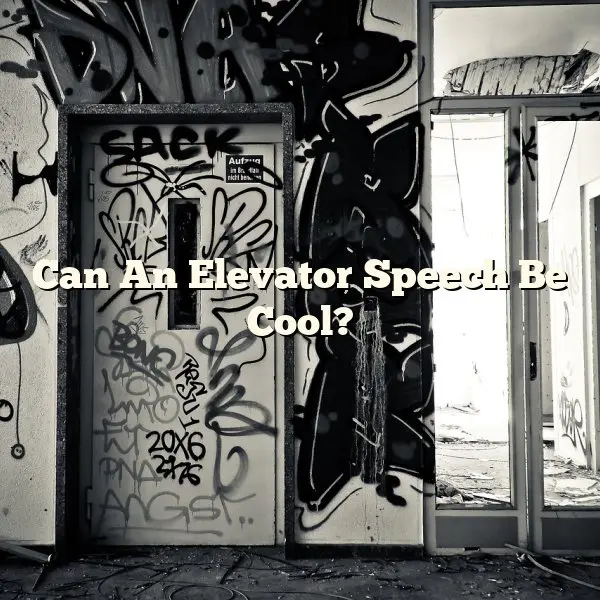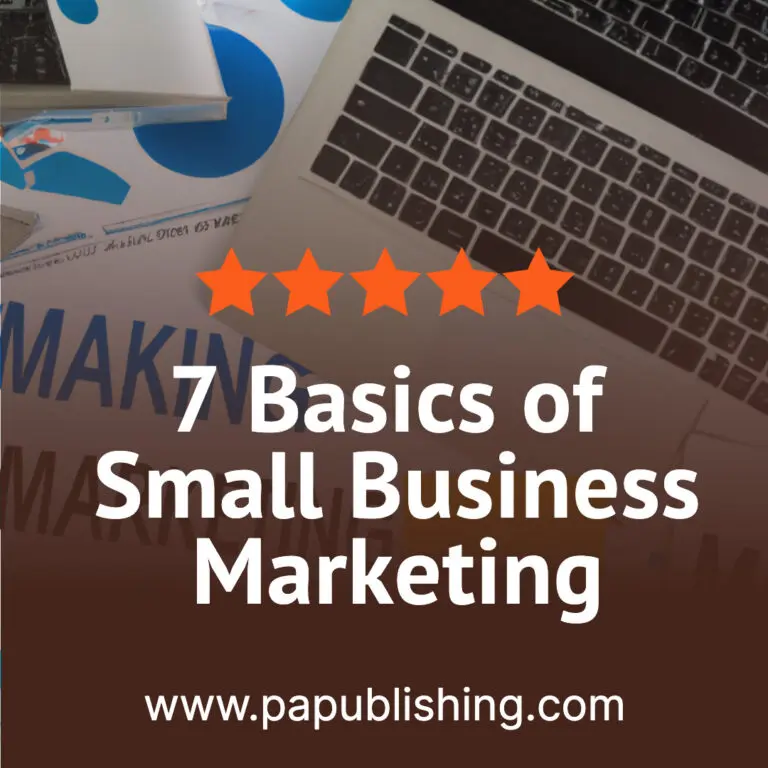I was on a call yesterday talking about “How to Say What You Do” and the call host brought up the issue of the elevator speech. She laughed, because you could hear that as soon as she said “elevator speech” her voice got heavy and flat. The elevator speech does not often get plenty of love. I hear from clients, and from folks on my list, all of the time that the elevator speech feels blah, feels forced, feels useless is too hard, and never sounds excellent.
But here’s the thing that no one ever says about the elevator speech: (incidentally, you do not have to call it an elevator speech, call it your oral introduction, either way, it’s what you say when someone inquires “what do you do?”)
What makes the elevator speech so hard, and also so superb, to work on, is that a very good one requires that you truly wrestle with the most difficult questions about your business: who are you here to serve, and what is it you want to say to them.
Hence when anyone claims that they are having trouble pulling together an elevator speech, it’s almost always one of 3 things going on:
They don’t know who they are speaking to. They don't have words for what they bring to the table that's different and unique. They do not how to blend what the onlookers wants with what they do in a fashion that seems sensible.
Hence your elevator speech isn't this little bitty thing you throw together in 5 minutes. It is a streamlined, elegant expression of the largest, deepest thing you are here to share relevant to your audience. A good elevator sounds easy, and it's not difficult to forget the blood, sweat, and tears that went into pulling it together.
And, it’s where you start the conversation. So if you have got a enormous fail to connect at this point in the game, the game is pretty much over. It’s worth making the effort to dig a bit deeper and come up with something you're essentially excited to share with folk.
When you do, you’ll not only have a technique to start the conversation, you will also have the raw material for all the remainder of your communication: your tagline, your announcements, even your copy.
Here are 3 fast pointers to elevate your elevator speech:
1. Your elevator speech should be 80-95 p.c about your audience and what they desire.
This isn't the place and time to unfold the full depth and power of what you do or to elucidate in extensive detail what makes you different. If you get this initial step right, you’ll earn the chance to do all that later on.
2. In which particular case, you’d better make a decision about who you are chatting to.
It’s tough to make your elevator speech 80-95% about what your audience wants if you aren't sure who they are or what they want. It could be right that many differing types of folk might gain from your services. But if you try and speak with them all concurrently, you will make yourself overwhelmed. Which individual should you pick? The crowd that see your value the quickest and are most certain to pay you for it.
3. Once you’ve spoken to their wants add love.
You know the saying: God is in the details? When it comes to your business language, the love is in your words. The ones you choose to describe your audience, describe their challenge, or describe what outcomes they get have the potential to reveal the love and compassion you have for them and the depth of understanding you have of their challenges. And that is what makes them move toward you.
Isabel Parlett, The Soundbite Shaman, helps creative, soulful entrepreneurs craft an elevator speech with soul. Isabel’s commended techniques can have you responding to the questions “so what do you do” happily and more easily than ever before. Get free video training on how to say what you do, and click this link to craft your best elevator speech.



